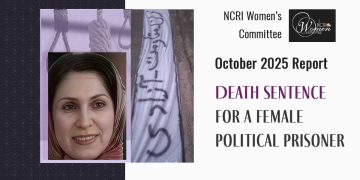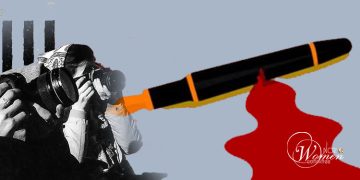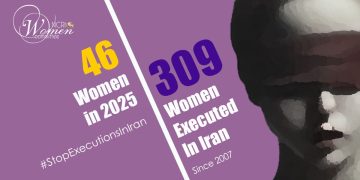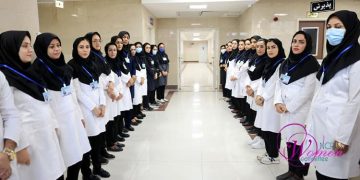Louisa Lee Schuyler (October 26, 1837 – October 10, 1926) was a trailblazing American philanthropist whose visionary leadership helped transform the landscape of public health and nursing in the United States. A descendant of the illustrious Hamilton and Schuyler families, Schuyler combined social privilege with an unshakable sense of civic duty, dedicating her life to humanitarian reform.
At just 24, she was appointed to organize relief during the American Civil War through the U.S. Sanitary Commission—an experience that shaped her lifelong commitment to health and social welfare. In 1873, she founded the New York State Charities Aid Association (NYSCAA), a groundbreaking organization that evaluated and improved conditions in public institutions such as hospitals, almshouses, and prisons.
Perhaps her most enduring legacy was the establishment of the first training school for nurses in the United States, affiliated with Bellevue Hospital in New York City. This effort, initiated in 1874 under the NYSCAA’s Committee on Nursing, marked a pivotal shift toward professionalizing nursing and elevating the standards of patient care.
Schuyler’s advocacy extended to mental health reform, public education, and prison conditions, making her a quiet yet powerful force in Progressive Era social policy. Her work laid the foundation for modern public health systems and professional nursing education.
A tireless reformer guided by compassion and logic, Louisa Lee Schuyler remains a model of how strategic philanthropy can drive systemic change. Her influence still echoes in today’s healthcare and charitable institutions.
























